In other words, what does "ecological" mean anyway?
We have recently had an enquiry about how "ecological our felt" is and "can you extend a camper ecologically"? I was able to answer that it does not come from China, but is produced in Italy. But even if this felt, which is specially produced for the automotive sector (flame retardant), is made of polypropylene and would be easy to recycle thanks to its good thermal recovery properties...it is not really eco-marketing, because who is going to "recycle" the camper?
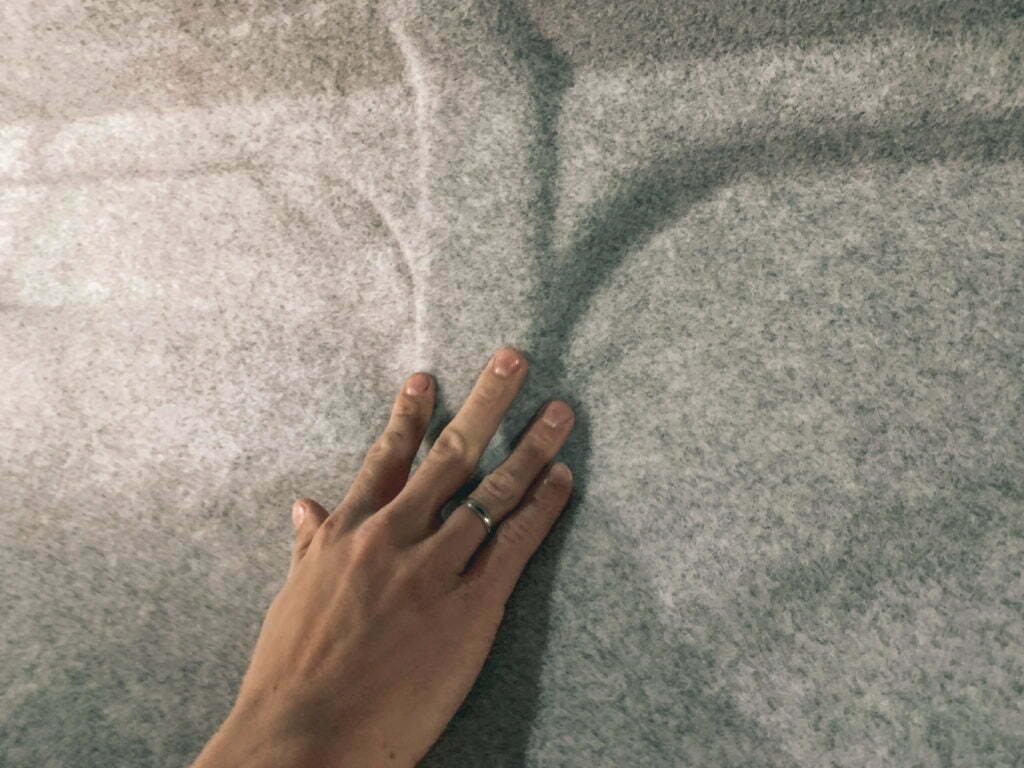
"The right thing to do"
The legitimate question nevertheless got me thinking, as an old acquaintance now also seems to be taking an inquisitorial approach to plastic. Keyword "waste-free" or there's no photo for you. The trend towards eco-vegan-holyspirit-earthporn is more than palpable. And I'm torn. On the one hand, I'm absolutely behind every measure to consume less, live more sustainably and do "the right thing". On the other hand, I am pragmatic and always consider the reality, the effectiveness and efficiency of the respective measure in my opinion. And that's where two worlds meet. Because what feels ecological is not always ecological. And even the most ecological gestures are null and void if you, as part of a process chain, cannot ultimately influence the result of your actions.
Interim conclusion: it will not be so easy to answer the question of ecology properly. But I will give it a try. First of all, you have to distinguish between ecology in the construction of a camper and ecology in camping in general or the use of a camper. Secondly, one quickly runs the risk of lumping the criterion of ecology together with sustainability, "organic", Fairtrade, 100 % natural, ethically correct and whatever the whole "greenwashed" marketing hit parade may be called.
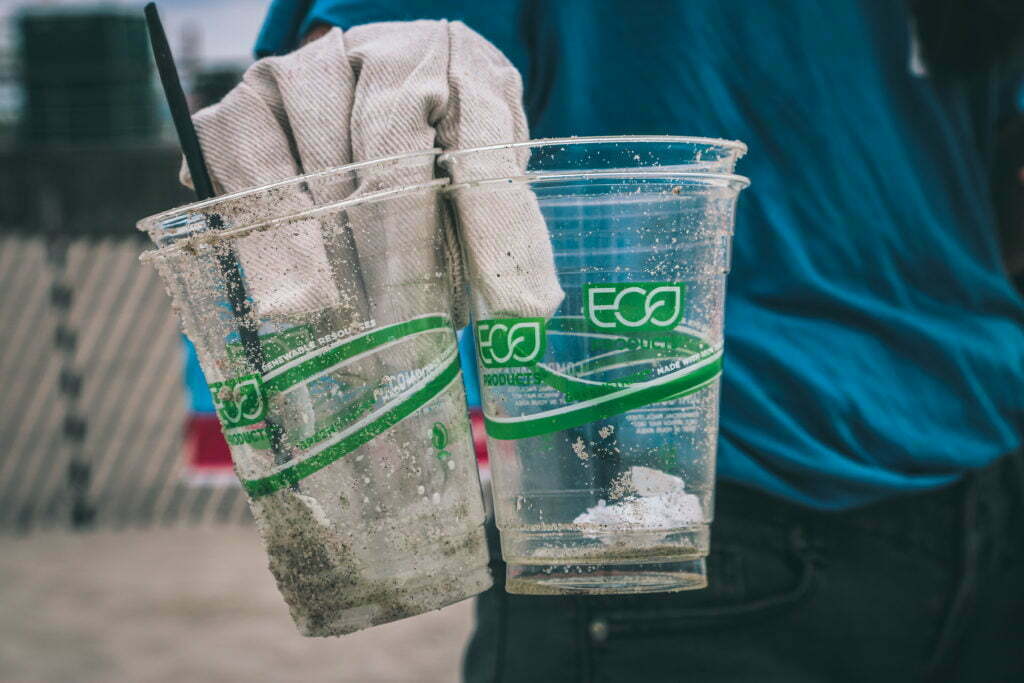
Ecological felt?
Ok, we also live vegetarian, usually come back from the mountains with more rubbish than we took with us and follow the principle "less is more". And now back to the example mentioned at the beginning: but ecological felt in the camper? Is that really something, or just a superficial attempt to satisfy a shaky idea of ecology?
Ecological felt really does exist. After all, artificial felt is nothing more than a copy of the centuries-old combed wool. This is a renewable raw material (sheep and so on), with excellent thermal insulation properties and correspondingly biodegradable. But during a little research I learned to pay attention to the small and subtle differences between the buzzwords. Ecological, natural, organic, sustainable...Because in terms of price, a "natural" carpet felt made of wool is surprisingly not astronomically more expensive than evil "synthetic" PP felt. But I just ask myself: how can it be so cheap?
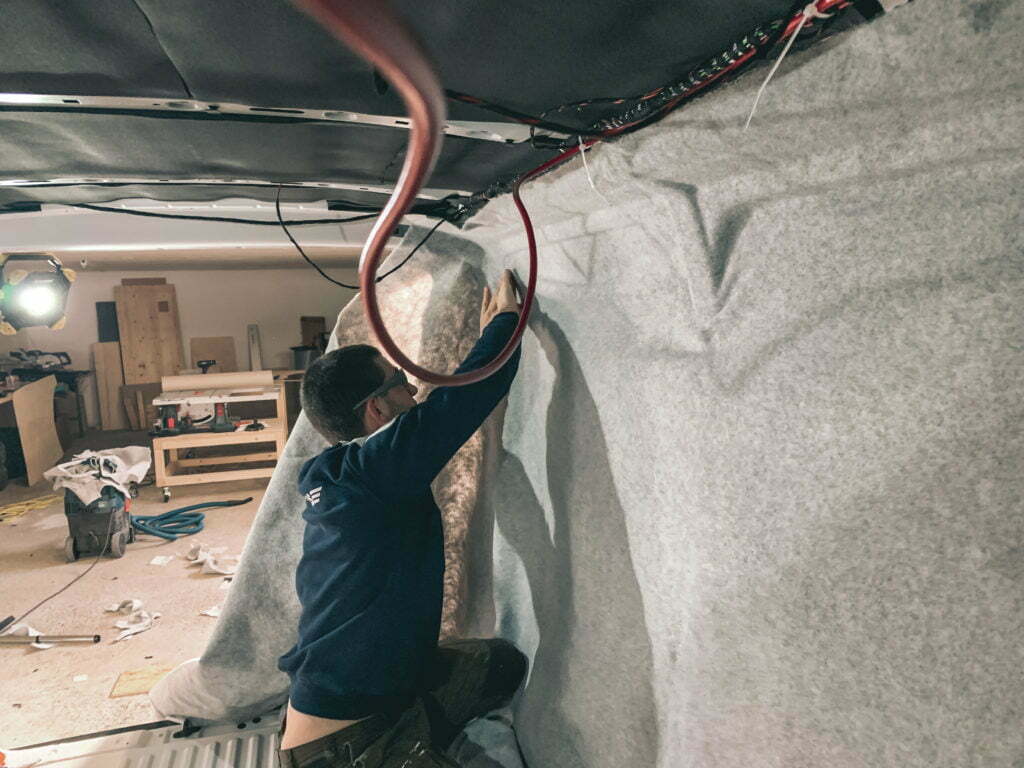
Of course, the black gold is also...
That made me wonder. The wool felt is advertised as "natural" and not ecological. And as I have already learned, natural is not the same as ecological. In addition, neither of the two terms necessarily covers the ethical aspect of the wool industry. Because even if virgin wool is "natural", the husbandry of the animals and the resulting animal welfare is not always so natural. Quite the opposite. And especially when it comes to the origin of the wool, there is usually rather little marketing...Maybe because no one would want to know the natural reality? So in my train of thought, I'm not really getting anywhere at this point. People like to hang me in the village square, but what I do know is that I might prefer to glue PP felt. That way I don't have to worry about the full package of natural and ecological and ethical and pipapo. And the little devil on the other shoulder just whispers quite heretically: isn't petroleum per se also natural?

Ecology as a challenge for the consumer
And while we're on the subject of gluing. Let's assume that we now have felt made from 100 % virgin wool from happy sheep. How do I get it ecologically onto the body of the camper? Well, of course, maybe a bone glue, but would the animal waste for boiling out have to be organic then? Durability, ideas anybody? No, I don't think that's the way to go. It's better to use contact glue...and the solvent-free (VOC content) may be balm for the soul at first, but at the latest when the sun kisses the car for the first time, the felt blanket will come out. Final measure: commercially available spray adhesive with solvents, aerosols and the fine aluminium can.
Well, then the interior panelling is only semi-eco. At least it's better than nothing. And on goes the fun ride to the electrics...oh, lithium or lead, both pretty much ecological killjoys. Silicon for the solar cell? Ugh, what a disastrous eco-balance. Then maybe at least the wood? Well, usually they only cut down the beautiful forests in Romania and they need the money? And I haven't even got to the Antichrist yet: Diesel!
Conclusion of my contemplation: it will be really difficult, actually impossible, to build an ecological camper. Even with fine-talking and a lot of goodwill. In the end, every attempt is somehow just a drop in the ocean. This is not pleasant news, but unfortunately it is the unpleasant truth.

Is camping at least ecological?
I would like to scream: Yes yes yes. But every yes is followed by a yes, but or yes, if. Yes, if you take a camper instead of an all-inclusive 100-metre buffet hotel holiday in Malle, it is almost certainly more ecological. Yes, but if you don't have a car in the first place, but instead have a general rail pass to take to the "farm holidays". Then it will be more ecological than the road trip in a camper. But now you have the camper, but it's such a cool old LT without catalytic converter and particle filter and you drive it up the old Gotthard pass road in the summer heat. That's probably not a really ecological consumption decision either. The conclusion would almost be to say: a modern vehicle is more ecological than an old vehicle. Ahh...but I'm not going to agree with myself on that either. Yes, in a direct comparison of local emissions, the state of the art vehicle is "more ecological". But if you only use the big new vehicle for camping for a fortnight in the summer holidays and otherwise only as a "vehicle", then the small car at home and the camper for rent might be the better idea after all. And old vehicles are not unecological per se. After all, the value is there, it's just that the advertising might make us think we need something new, better and, above all, more e-ecological! Yes, but in Georgia cars with 250,000 km on the clock are still almost virgin and perhaps a long useful life corresponds to a certain extent to an ecological use of resources?
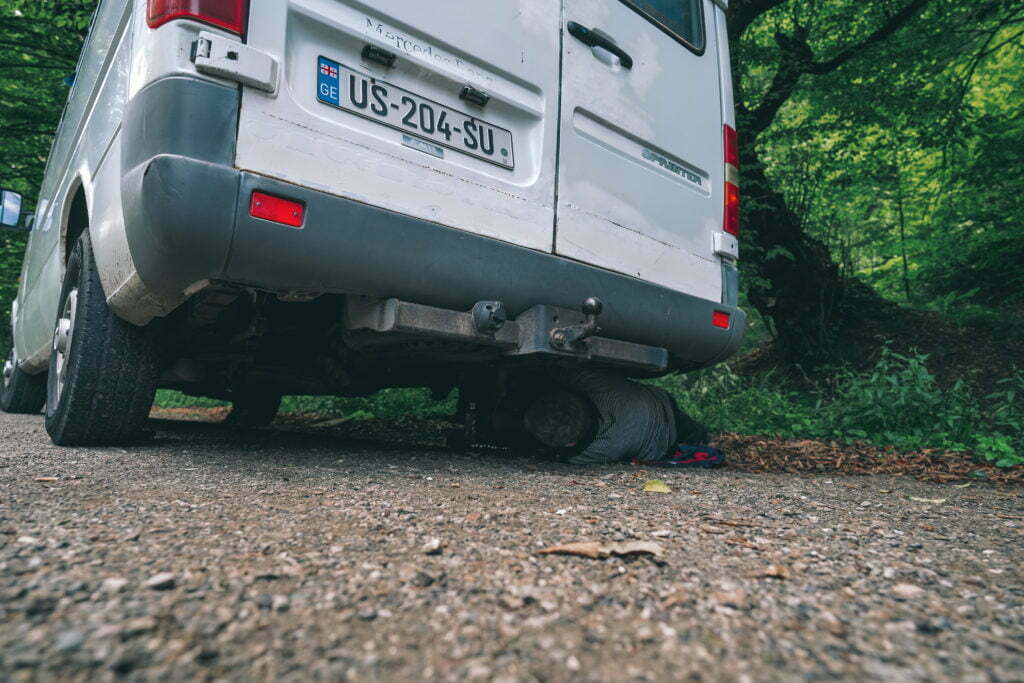
Many questions. No answers.
Many questions, no answer. Away from sustainability, naturalness or the organic avoacdo from the region, ecology in the camper ultimately remains a matter of interpretation and perspective. Everyone should do what they can and what they think is right, if they think it is important. What should not be missing from any decision, however, is common sense, a proper fact check and a healthy dose of scepticism towards greenwashing marketing strategies: there's no business like show business.

more comments
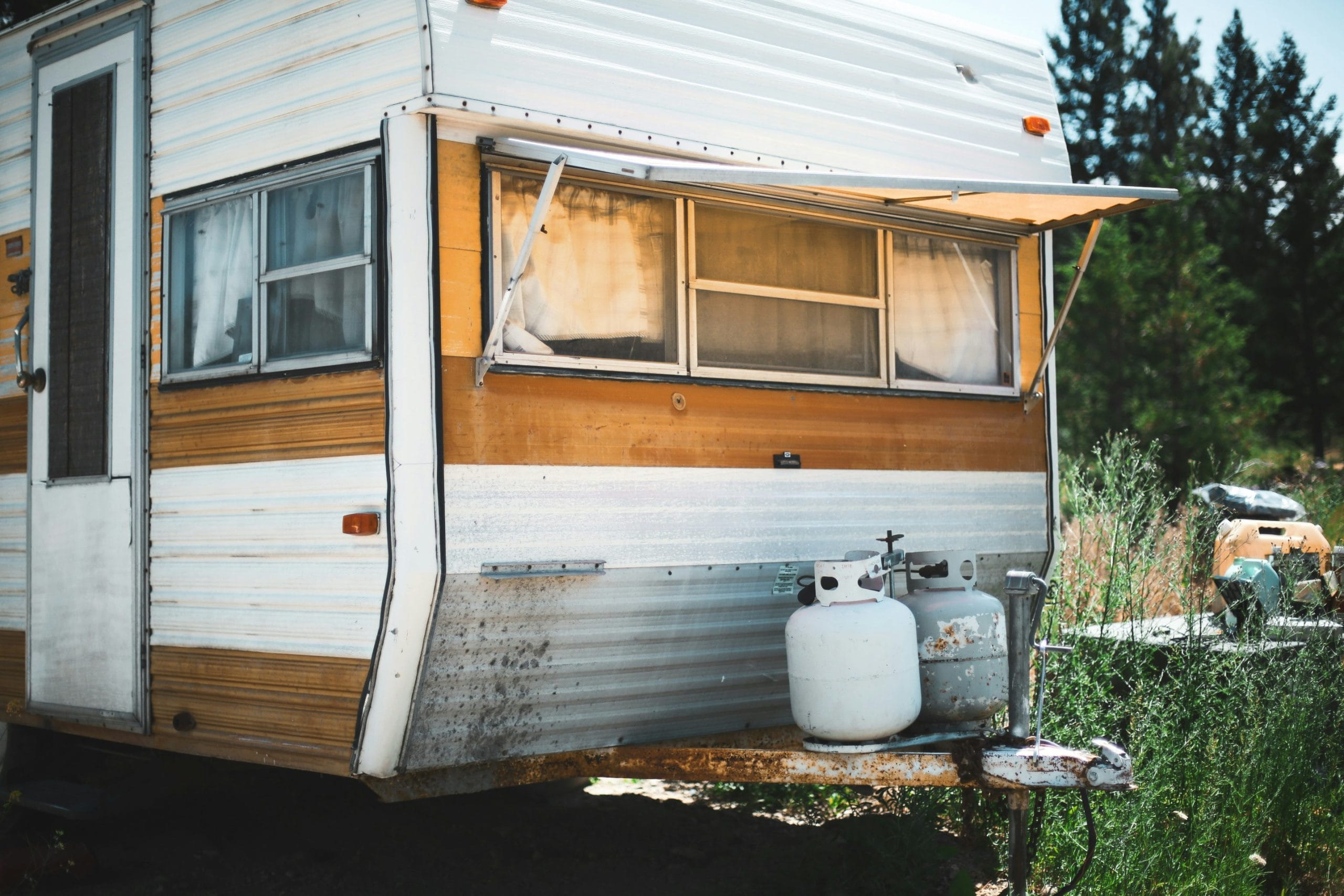
Gasalarm im Wohnmobil – Schutz vor unsichtbaren Gefahren
Gasalarm im Wohnmobil Schutz vor unsichtbaren Gefahren Wer mit dem Wohnmobil, Camper oder Caravan unterwegs ist, geniesst Freiheit und Abenteuer. Aber gerade in der Kleinstwohnform

Energy self-sufficient with solar and island system not only for campers
Energy self-sufficient with solar and stand-alone system Not only for campers, but also for mountain huts, alpine pastures, Maiensäss or campsites Contents of this article What is energy self-sufficiency? Energy self-sufficiency means
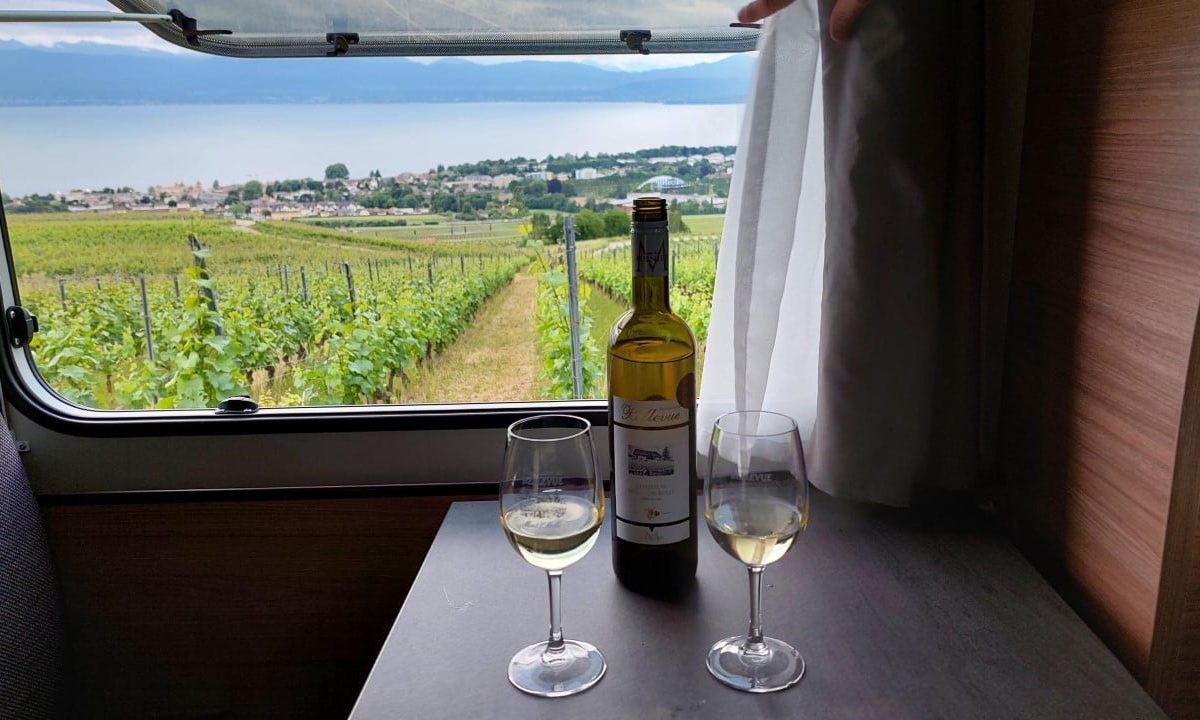
Swiss Hosts is the alternative to camping in Switzerland
Camping on a vineyard, staying overnight at a local cheese dairy and unwinding on a farm Contents of this article Who is behind Swiss Hosts?
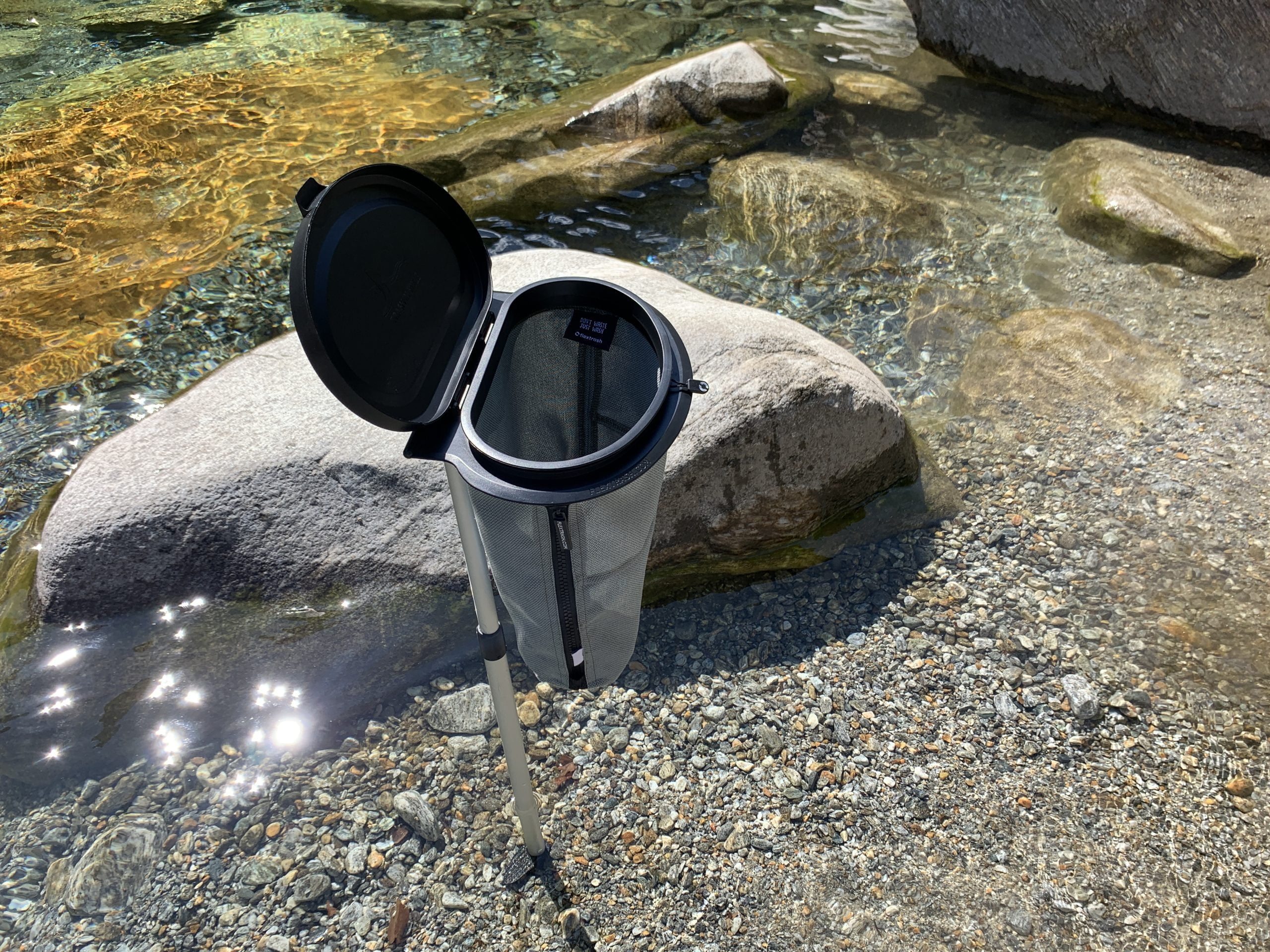
Probably the most versatile bin for campers
Probably the most versatile waste bin for campers The Danish Flextrash - where waste meets bin! Contents of this article The Flextrash - waste bin for campers with
